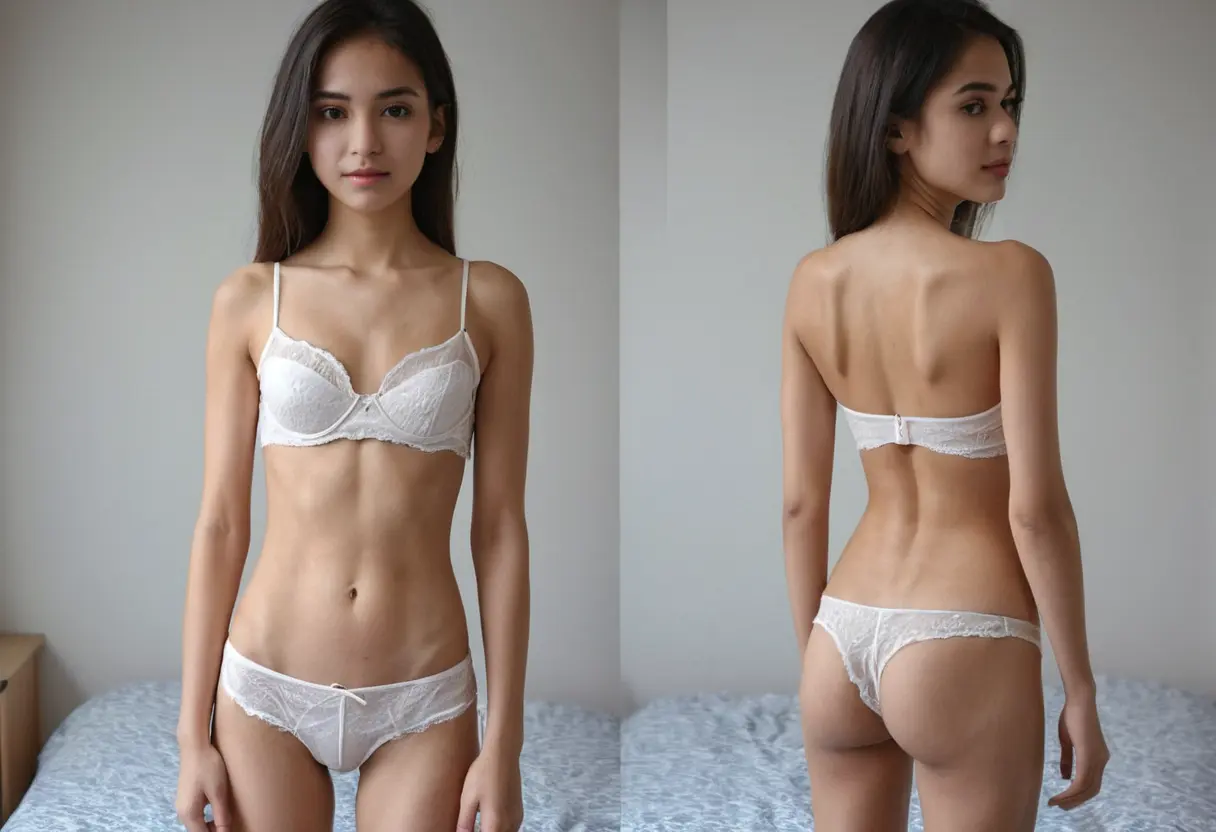Exploring the Future of Nudify AI and Its Impact on Undress Image Processing
Introduction to Nudify AI and Its Technological Evolution
The world of artificial intelligence (AI) has evolved rapidly, and one of the latest developments within this domain is Nudify AI. This cutting-edge technology is reshaping image processing and computer vision, particularly in the realm of undress image processing. By leveraging deep learning models and neural networks, Nudify AI has the ability to identify and alter specific details within images, leading to the creation of realistic undress or clothing-removal visuals. As this technology continues to advance, it raises important ethical, social, and legal concerns. In this article, we will explore the future of Nudify AI, its potential applications, and its impact on various industries. We will also examine the ethical implications surrounding its use and the ultimate consequences of this technology in the digital landscape.
What Is Nudify AI and How Does It Work?
Nudify AI refers to a type of machine learning model designed to manipulate or alter images in such a way that it can simulate undressing or the removal of clothing. This process typically relies on computer vision, generative adversarial networks (GANs), and other AI-driven technologies. These models are trained on massive datasets of images to understand the structure and appearance of human bodies, which allows them to generate realistic transformations in the visuals they process.

The underlying algorithm analyzes key features within images, identifying areas that correspond to clothing and skin. Once the AI has mapped these elements, it can either remove or replace them with simulated counterparts, creating the illusion of undressing. The realism of the output is dependent on the sophistication of the model and the quality of the training data it has been exposed to.

The Potential Applications of Nudify AI
While Nudify AI is often associated with creating explicit or adult-oriented content, its applications extend far beyond this controversial use. Here are some potential areas where Nudify AI can make a positive impact:

- Fashion and Apparel Industry: Nudify AI can be used to simulate how clothes look on people without the need for physical trials. By generating realistic "undressing" and clothing-switching effects, fashion retailers can offer virtual fitting rooms, saving both time and money.
- Medical Imaging: In the medical field, AI models like Nudify could be used to help doctors visualize body structures for surgeries or anatomical studies. Such AI systems can simulate skin removal or body adjustments without exposing patients to physical risks.
- Virtual Reality (VR) and Gaming: In the entertainment and gaming industries, Nudify AI could provide enhanced virtual avatars by generating lifelike body modifications, clothing removal, or alteration in real-time.
- Art and Creative Work: Artists could use Nudify AI to experiment with different artistic expressions, visualizing concepts of nudity, transformation, and body aesthetics in new, creative ways.
Ethical and Legal Considerations
Despite its potential, Nudify AI raises significant ethical and legal concerns. One of the most pressing issues is consent. Since AI can generate realistic depictions of people without their involvement, there are serious concerns about privacy violations and the creation of non-consensual explicit images. This issue can be exacerbated in the case of deepfakes, where individuals’ likenesses are www.undressaitool.commanipulated without their permission.
Furthermore, the technology could be misused for exploitation, harassment, or blackmail, leading to profound consequences for individuals' rights and safety. Governments and regulatory bodies are under increasing pressure to develop laws that protect people from the misuse of AI technologies like Nudify AI. There are also concerns around data privacy, as training AI models on publicly available images without consent can result in the exploitation of personal data.
The Future of Nudify AI in Image Processing
As Nudify AI evolves, we can expect even more sophisticated image processing capabilities. The future of this technology will likely see improvements in the realism of AI-generated transformations, with less noticeable artifacts or distortions. Moreover, as the algorithms become more advanced, AI models will be able to work with more diverse and realistic datasets, allowing them to represent a broader range of body types, skin tones, and clothing styles.
In the commercial sphere, companies in fashion, entertainment, and advertising are already exploring how Nudify AI can be incorporated into their services to enhance customer experiences. From virtual clothing trials to personalized advertisements, AI-driven image manipulation could soon become a standard tool for businesses aiming to engage with consumers in more interactive ways.
However, these advancements will also lead to greater ethical dilemmas. As AI becomes increasingly capable of producing convincing alterations to human images, distinguishing between real and manipulated images may become more difficult, complicating issues related to trust and authenticity in media. The ultimate challenge will be balancing innovation with responsibility, ensuring that Nudify AI is used in a manner that respects individual rights and social norms.
Conclusion: Navigating the Impact of Nudify AI
Nudify AI represents a fascinating and complex evolution in image processing and artificial intelligence. While the technology offers a wealth of potential applications in fields like fashion, entertainment, and medicine, it also brings with it significant ethical and legal challenges. As we delve into the future of Nudify AI, it will be essential for governments, organizations, and society as a whole to ensure that its capabilities are harnessed responsibly. Striking a balance between technological advancement and ethical responsibility will be the ultimate task as we continue to explore the future of AI and its impact on image processing.
Related articles
- Best AI Tools for Virtual Undressing and Image Editing
- Exploring the Future of AI Tools for Automatic Image Modification and Adjustment
- How Undress AI is Revolutionizing the Fashion and Retail Industry
- Discover the Power of Nude AI Technology for Free Undressing Solutions
- Exploring the Impact of Telegram on the Development of Undressing AI Models
- Discover the Best Nude and Undress AI Tools for Free Access
- Exploring AI Technology That Can Detect Clothing Patterns and Enhance Fashion Analysis
- Discover How Top Undress AI is Revolutionizing Fashion and Design Trends